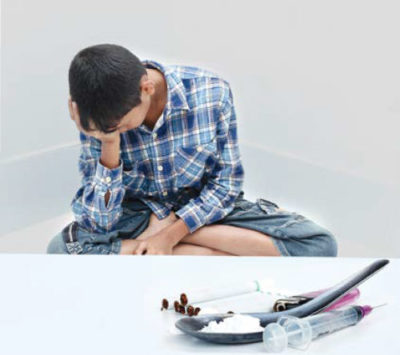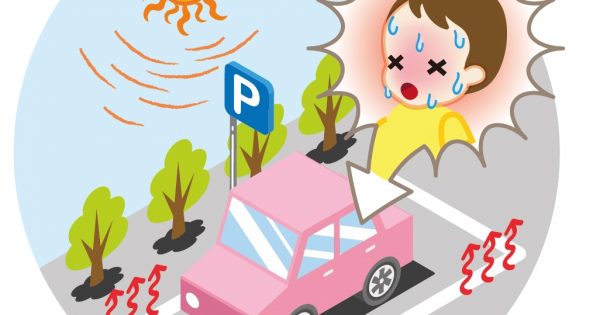Being an adolescent or transitioning into adulthood is an unsettling time with many physical, psychological and social changes that accompany this stage in life. When deterioration in mood disrupts the ability to function on a day-to-day basis, it may indicate a serious emotional disorder that needs attention – depression.
Worrying Trend Emerging
Depression is more than just feeling upset or sad – it is a serious condition which makes coping with life an uphill battle. In youth, problems often seem to be overwhelming and the associated pain is magnified and unbearable, leading to negative thoughts that can be self-destructive.
The National Health and Morbidity Survey 2015 highlighted the drastic increase in the prevalence of psychiatric morbidity, which included anxiety and depression. In the adult population of 16 years and above the prevalence was 29.2%, while in the 5-15 years age group psychiatric morbidity was 12.1%.
What is clear is that this problem needs to be looked into seriously, as there has been an increase in reported cases of youth depression and suicides recently.
Cause & Symptoms Of Depression
Factors that trigger depression in youth are usually those related to issues of self-esteem, bullying, poor academic performance, sexual orientation or even having been a victim of physical or sexual abuse. If symptoms of depression continue to persist, it might take a toll on physical health too or may even lead to self-harm and suicide.
Unlike adults who display classical symptoms of depression, it may be difficult to tease out symptoms of depression in teenagers. Some may have a genetic predisposition towards depression or personalities that break down easily. It can be difficult to tell the difference between the ups and downs that are just part of being a teenager or youth depression.
Most often there will be a noticeable change in their thinking and behaviour. They would become withdrawn, often seeking solitude in their bedroom for hours on end. They may even display loss of interest in the usual pleasurable activities, accompanied by appetite loss and deterioration in personal hygiene.
Besides the persistent low mood (lasting two weeks or longer), there might be complaints of pains and aches (e.g. back ache and headache) or fatigue due to the psychological cause. These are known as psychosomatic complaints. In some cases, there could be signs of rebelliousness, irritability or criminal behaviour.
It is also not unusual to abuse alcohol or drugs to help with sleep or feeling calm. Suicide is often the last act of desperation to escape from the pain of depression. Warning signs of suicide in a teen suffering from depression would include; openly expressing hopelessness for the future, giving away favourite possessions or writing goodbye notes, usually through social media (e.g. Facebook, Twitter).
Preventing Depression from the Start
Youth depression can be prevented to some extent by promoting good physical health through practising a healthy diet, getting adequate exercise and having appropriate social interaction. Youths must be encouraged to express themselves to teachers, parents and community leaders. If help is needed, access to counsellors, psychologists and psychiatrists must be encouraged despite the stigma associated with it. Parents must also take extra caution to prevent their teens from misusing alcohol and drugs.
Effective parenting and communication techniques can help lower stress for the teenager. Parents must replace shame and punishment with positive reinforcement as shame and punishment can make the adolescent feel worthless and inadequate. Every child is unique so parents should not compare their child with the child of another person. There must be a concerted effort to ensure schools and colleges have adequate numbers of trained counsellors or teachers trained in counselling, who can detect cases and refer those cases to professionals like clinical psychologist or psychiatrist, if needed.
Do not ignore depression in youths as it can deteriorate very quickly and have fatal consequences. Be bold to seek support from mental health professionals. Depression is a mental health issue and not to be dismissed as mere laziness or a defect in personality. Take comfort from the fact that you are not alone and there are many support groups out there to help you and your teen through this journey. For example, you can contact the Malaysian Mental Health Association, The Befrienders and Talian Nur. For details, please browse their respective websites.
An educational collaboration with Malaysian Mental Health Association.








Comments